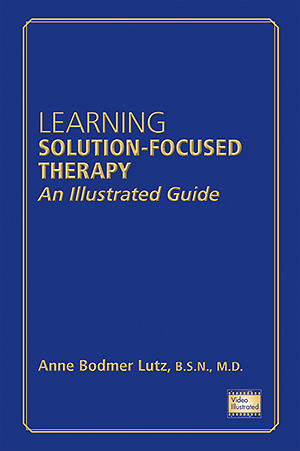Chapter 3.The Yes-Set
Sections
Excerpt
The yes-set is a solution-focused skill that involves creating a conversation in which both the clinician and patient say yes and agree on as many aspects of the conversation as possible. The yes-set is a metaphor for the patient’s acceptance of the intervention message or any therapeutic suggestion(de Shazer 1985; Erickson 2009). Getting the answer yes as many times as possible throughout the conversation is another tool that helps build the therapeutic alliance. Developing the yes-set skill involves asking questions that are likely to be answered in the affirmative early on and throughout the interview, and it involves taking the time to pause the conversation in order to confirm these areas of agreement. Yes-set skills also maintain the focus of the conversation on the patient’s needs and goals through carefully constructed questions. Constructing a conversation in which enough time is spent talking about areas of agreement strengthens the yes-set. When patients talk about things that they agree on and can say yes to as often as possible, they become less defensive and more eager to engage collaboratively within the conversation.
Access content
To read the fulltext, please use one of the options below to sign in or purchase access.- Personal login
- Institutional Login
- Sign in via OpenAthens
- Register for access
-
Please login/register if you wish to pair your device and check access availability.
Not a subscriber?
PsychiatryOnline subscription options offer access to the DSM-5 library, books, journals, CME, and patient resources. This all-in-one virtual library provides psychiatrists and mental health professionals with key resources for diagnosis, treatment, research, and professional development.
Need more help? PsychiatryOnline Customer Service may be reached by emailing [email protected] or by calling 800-368-5777 (in the U.S.) or 703-907-7322 (outside the U.S.).



